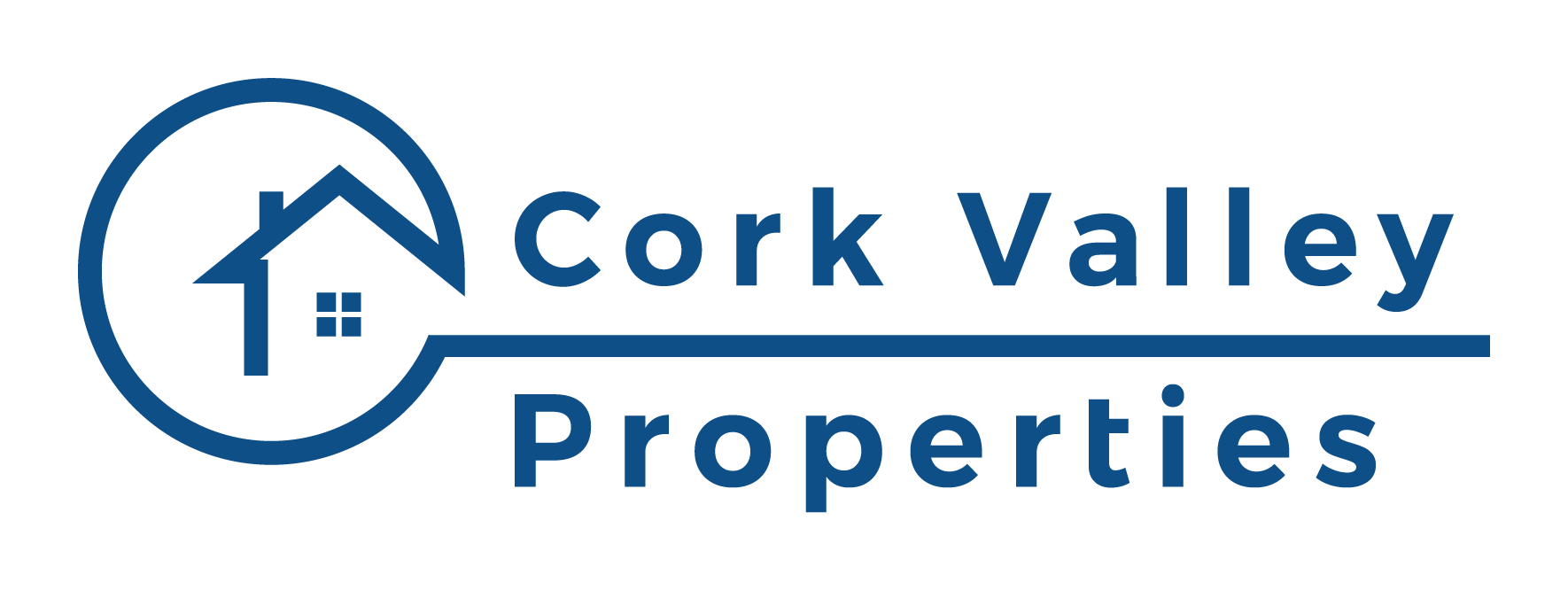If you stop making mortgage payments, a series of serious financial and legal consequences can follow. Here’s what typically happens:
1. Missed Payment Consequences (30–90 Days)
- Late Fees: Your lender will charge a late fee, usually after 15 days.
- Credit Score Impact: Once you’re 30+ days late, your lender reports it to credit bureaus, and your credit score drops significantly.
- Lender Contact: You’ll start receiving calls, letters, and emails from your lender trying to collect the missed payment(s).
2. Loan Default (Typically After 90 Days)
- You’re considered in default, which is a violation of the loan agreement.
- The lender may send a Notice of Default and begin the pre-foreclosure process.
- You still have time to reinstate the loan by catching up on payments and fees.
3. Foreclosure Process Begins (Usually After 90–120 Days)
There are two types:
- Judicial Foreclosure (through court): Used in some states; takes longer.
- Nonjudicial Foreclosure (outside court): Used in other states; faster.
In both cases, you’ll receive formal notice that the lender intends to repossess and sell the home.
4. Home Is Auctioned or Sold
- The lender sells the home, often at a public auction.
- You’ll be evicted if still living there.
- If the home sells for less than what you owe, the lender might pursue a deficiency judgment (unless your state prohibits it).
5. Long-Term Financial Consequences
- Credit damage: A foreclosure stays on your credit report for 7 years.
- Harder to buy or rent: Future mortgage approval is much more difficult; some landlords may deny your rental application.
- Deficiency balance liability: You might owe the difference between the mortgage balance and the foreclosure sale price.
Alternatives to Foreclosure
If you’re struggling to make payments, consider these options before stopping payments:
- Loan modification
- Refinancing
- Forbearance or repayment plans
- Short sale
- Deed in lieu of foreclosure
